Alumni Association Names 2021 Honorary Alumni
May 21, 2021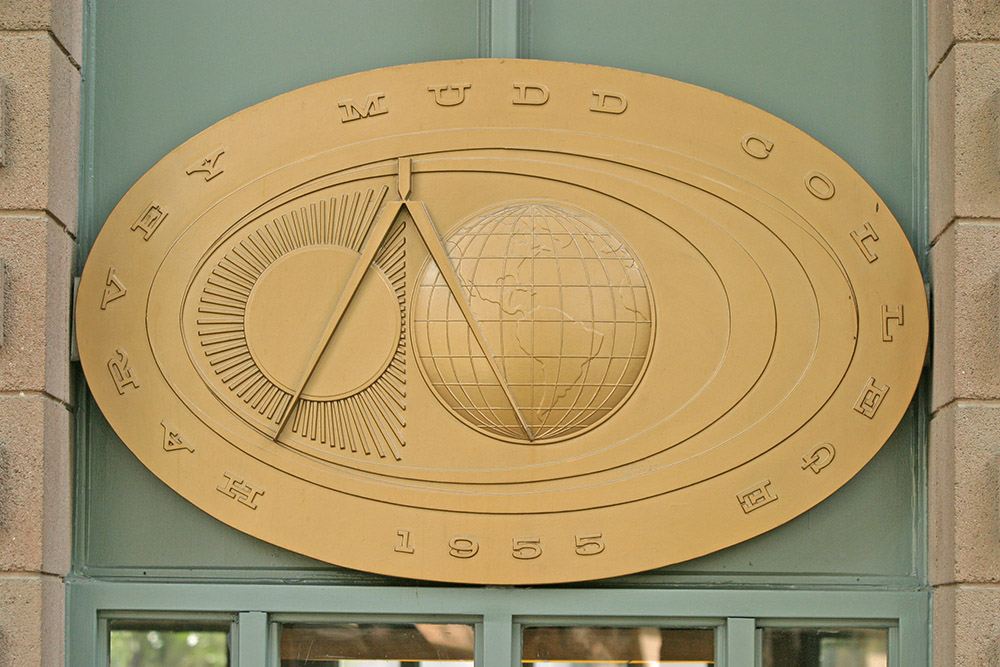
The Harvey Mudd College Alumni Association Board of Governors (AABOG) voted to bestow Honorary Alumni status upon four individuals. Honorary Alumni are chosen for being a longstanding friend of the College, its students and alumni and for having contributed significantly to their betterment.
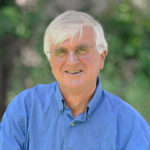
Anthony Bright joined the Department of Engineering at Harvey Mudd in 1986. He was department chair (1989–1990 and 2002–2007) and twice served (1992–1993 and 1993–1998) as director of the Engineering Clinic, what he called “my greatest privilege” and the “jewel in the crown of the HMC experience.”
At Harvey Mudd, Bright was involved in teaching and developing the interdisciplinary systems engineering stem of courses offered by the engineering department. His research interests include drops, bubbles and liquid jets: how they form, how they merge and how they change shape. In 2005, he founded Global Clinic, which prepares students for the future challenges of practicing engineering, science and mathematics in a global context. His many contributions include serving as an advisor to the Society of Women Engineers and advisor to the Etc. Players drama group.
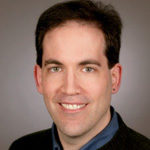
Kevin Schofield P13 P13, parent of twin Mudder daughters (one of whom is now an HMC computer science faculty member), is vice chair of the HMC Board of Trustees. He is also a freelance writer and journalist, and the founder of Seattle City Council Insight, a web site providing independent news and analysis of the Seattle City Council. After graduating from Dartmouth College in 1988 with a bachelor of arts degree in computer science, he worked for Microsoft Corporation for 26 years in a variety of technical and general management positions. That culminated in a term as chief operations officer for Microsoft Research, the division of the company focused on advancing the state of the art in computing. Upon leaving Microsoft in 2014, he decided to embrace his love of writing. Schofield volunteers at the Woodland Park Zoo in Seattle, where he also serves on its board of directors.
AABOG granted posthumous awards for two longtime faculty members who died in 2020.
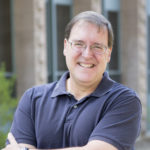
Respected chemist, distinguished teacher and widely recognized scholar Robert J. Cave died Dec. 15, 2020. Known for his hearty laugh and his welcoming and congenial manner, Cave served on the Harvey Mudd faculty for 32 years.
He arrived at Harvey Mudd in 1988 to continue studying the excited states of molecules using theoretical methods. With his research students, Cave used advanced techniques to describe the electronic wave functions of atoms and molecules to predict properties such as geometries, vibrational frequencies and charge distributions. In addition to his work in the lab and classroom, Cave held several administrative roles at HMC. He was associate dean for academic affairs (2003–2007, 2015–2016) and was vice president for academic affairs and dean of the faculty (2007–2012). At the end of his tenure as VP and dean, the faculty presented Cave with a certificate of appreciation for his “effective leadership, enormous capacity for consensus building and desire to provide a supportive environment for the faculty [which] enabled faculty members to experience an unparalleled time of productivity and collegiality.”
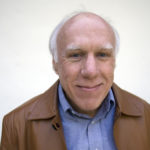
Bob Keller, who died Sept. 13, 2020, was an internationally recognized computer scientist with corporate and academic experience as a technical leader, researcher, educator and administrator. He joined the College’s computer science faculty and became chair of the newly formed department in 1991, following Bill Purves and Mike Erlinger, who chaired the combined biology and CS departments prior to his arrival. As a professor of computer science, Bob specialized in intelligent music software, programming languages, neural networks and genetic programming and is known for his work on formal models, verification, functional languages and distributed graph reduction architectures.
A talented jazz musician who played trumpet and piano, he organized student performances for many years as part of his Jazz Improvisation class. He developed a music notation software program—dubbed the Improvisation Advisor, or “Impro-Visor”—that helps jazz musicians learn how to improvise jazz music, and his research teams continue to develop it. Keller taught courses on artificial intelligence, neural networks, computability and logic, computational creativity, software development, parallel and real-time computing, and databases. He was a mentor for decades of Harvey Mudd students, having served as an advisor for the Clinic Program as well as Computer Science Clinic director.
In addition to his work in academia, Bob held a position at NASA’s Jet Propulsion Laboratory for more than 10 years, conceiving and participating in developing a language for controlling un-piloted space missions that could be used for both programming and model-checking, as well as contributing to other declarative language research efforts. He was also a member of the technical staff at the Aerospace Corporation and vice-president of research and development at Quintus Computer Systems.
